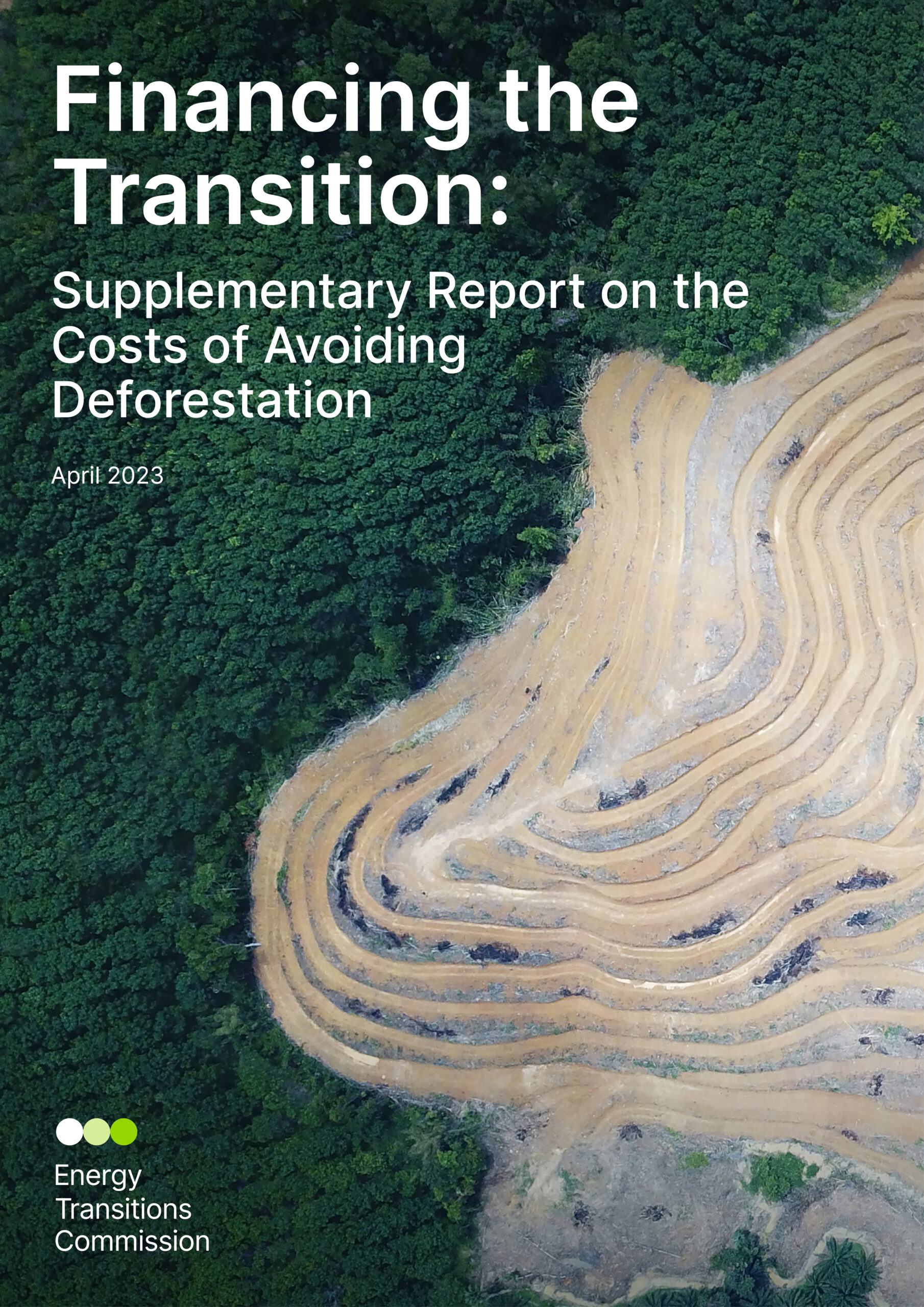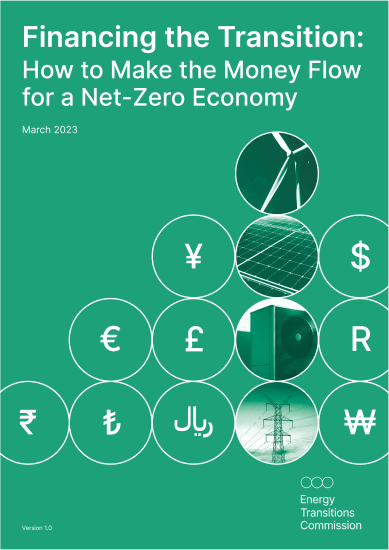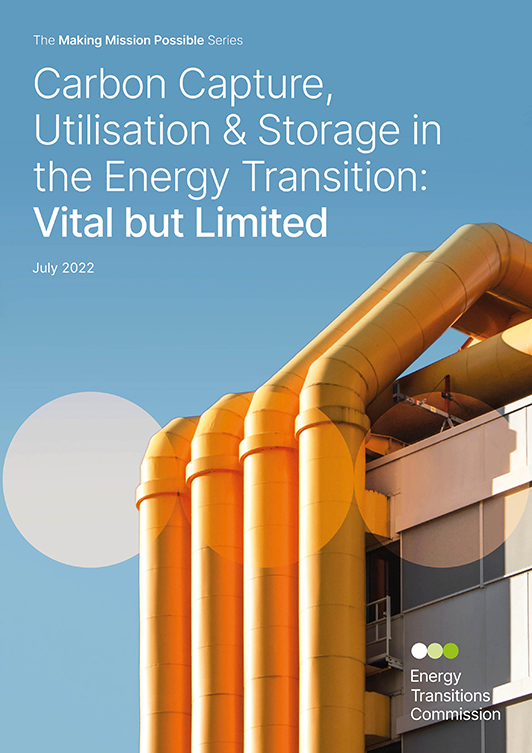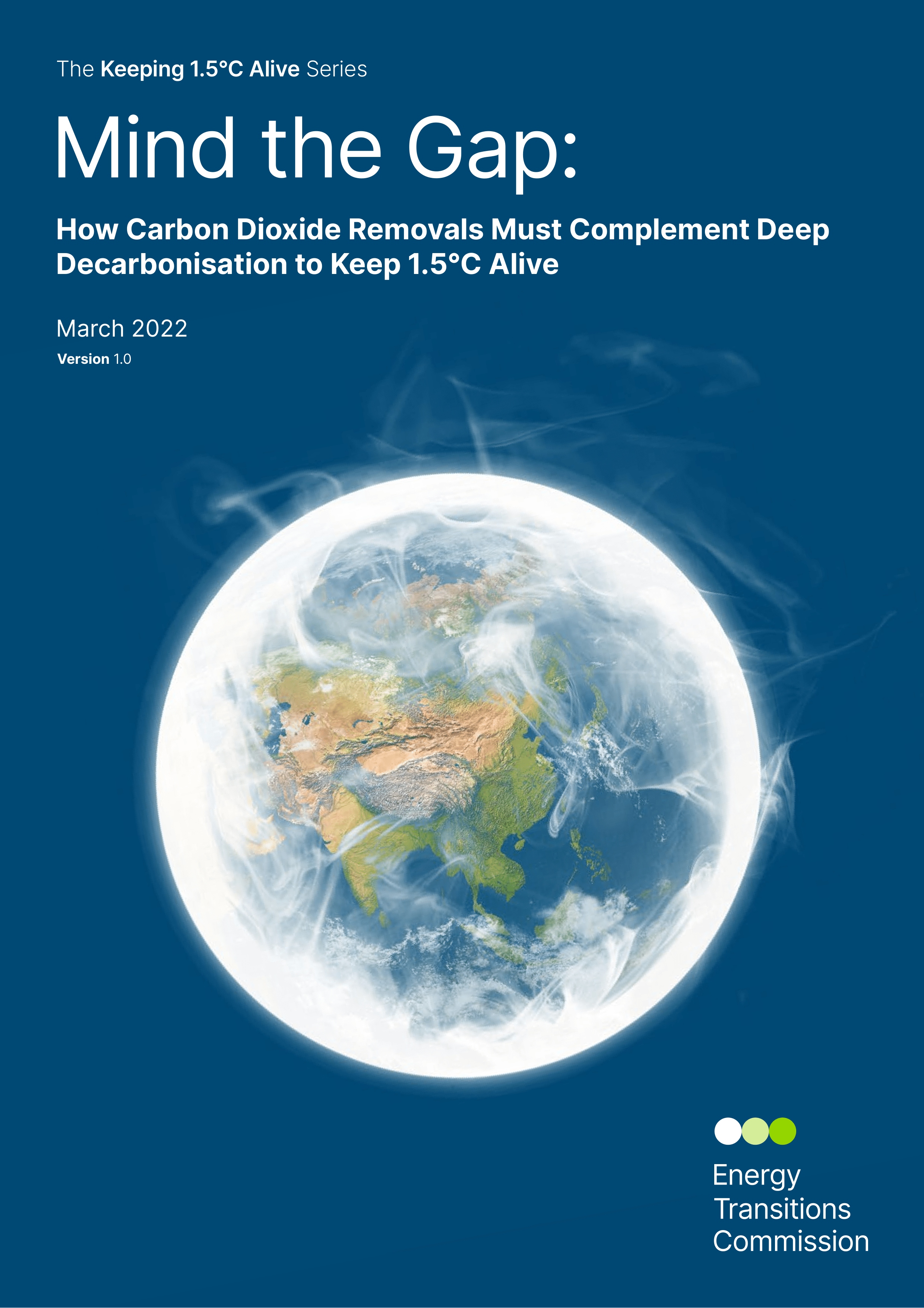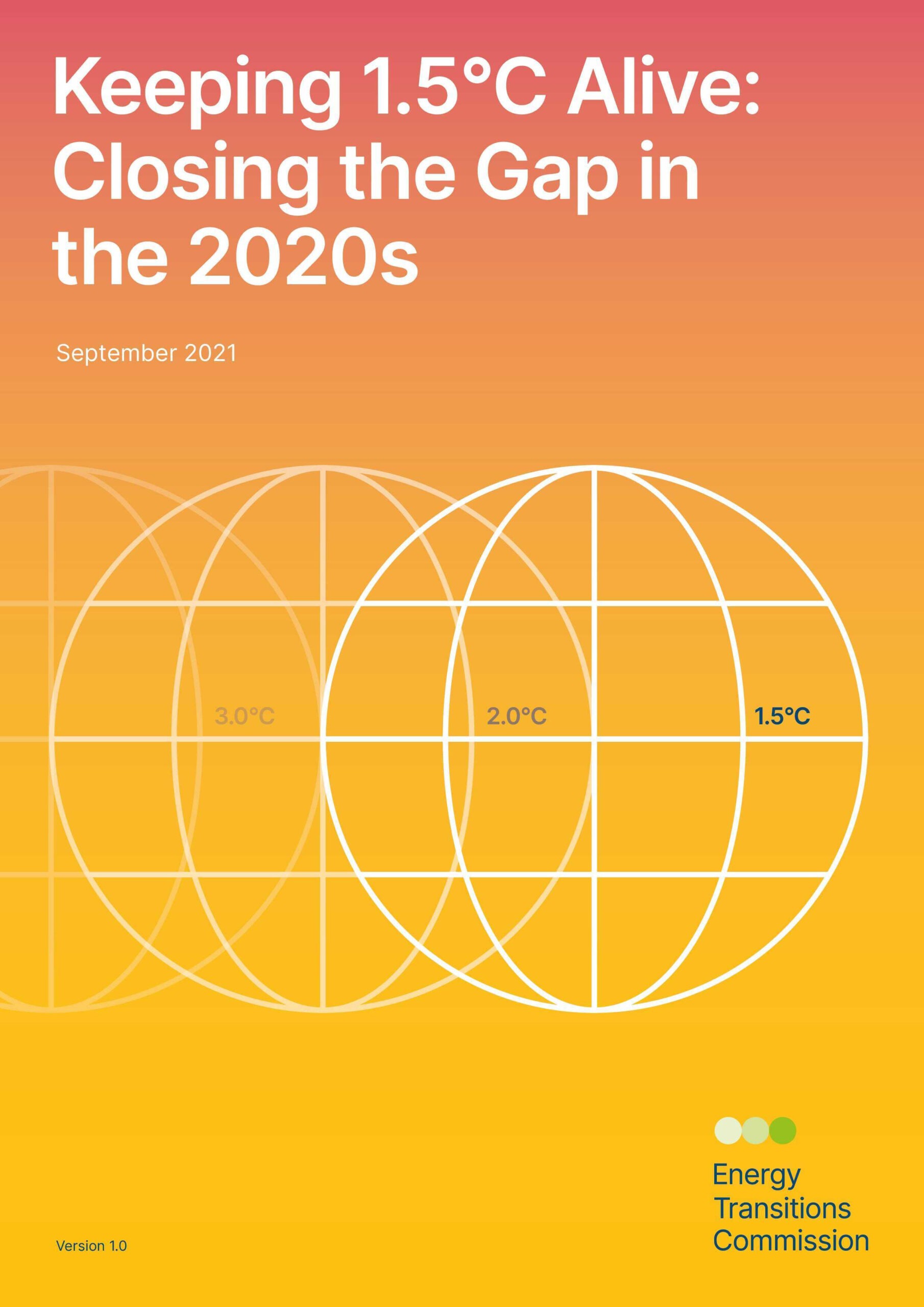Financing the Transition: the Costs of Avoiding Deforestation
April 2023
In its latest report Financing the Transition: the costs of avoiding deforestation the ETC presents new analysis on how much it could cost to overcome the economic incentive to cut down trees.
This is a supplementary report to Financing the Transition: How to make the money flow for a net-zero economy, published in March 2023. This new piece explores the role concessional/grant payments can play in ending deforestation as a means of reducing emissions. The report presents a range of estimates on how much concessional/grant payments would be required to eliminate tropical deforestation.
Man-made deforestation is responsible for nearly 15% of total CO2 emissions but despite numerous pledges to halt it, it shows little sign of slowing. The report concludes that the cost of protecting all forests at high risk of deforestation by 2030 would be so large – in excess of $130bn/year – that it is not credible to assume that concessional/grant payments on this scale (paid for by corporates via voluntary carbon markets, philanthropy, and high-income countries) would ever be forthcoming. Currently, domestic and international finance to protect forests is just $2-3bn a year.
Halting deforestation can, in principle, be achieved through three non-financial levers:
- A reduction in consumer demand for the main products which make deforestation profitable (in particular, animal meat and palm oil).
- The development of alternative businesses which can profit from standing forests (e.g., eco-tourism and various forms of sustainable agroforestry).
- Government actions to make deforestation illegal, if combined with effective enforcement.
However, these levers will either take time to develop (e.g., consumer demand change), provide only a partial solution (e.g., new business opportunities), or are unlikely to be wholly effective in the short-term (e.g., making deforestation illegal).
This means that concessional/grant payments of ~$130bn a year between now and 2030 must play an important role in protecting at risk tropical forest, while action along the other three levers is scaled up. It is crucial that this finance is delivered alongside action from policymakers to make deforestation illegal and reduce consumer demand for the products which make deforestation profitable.


